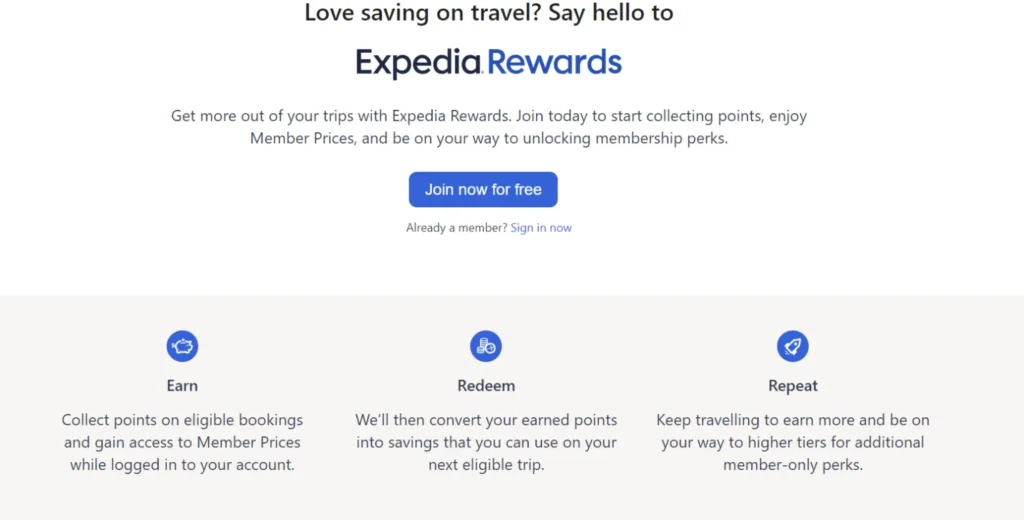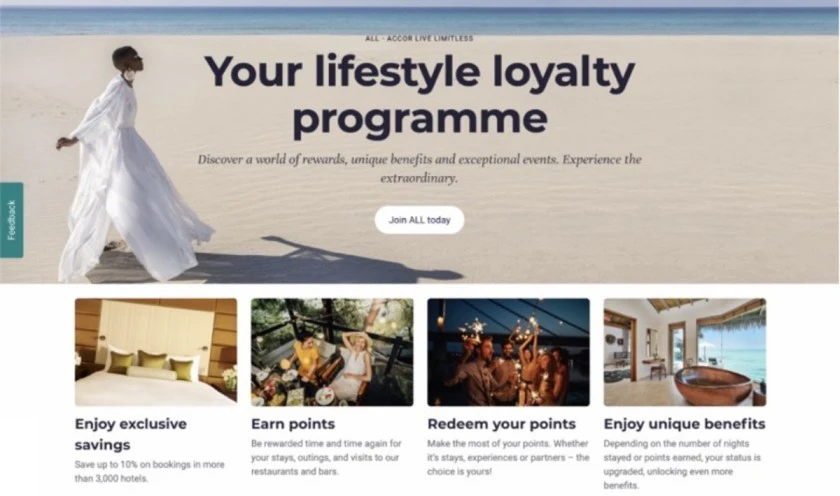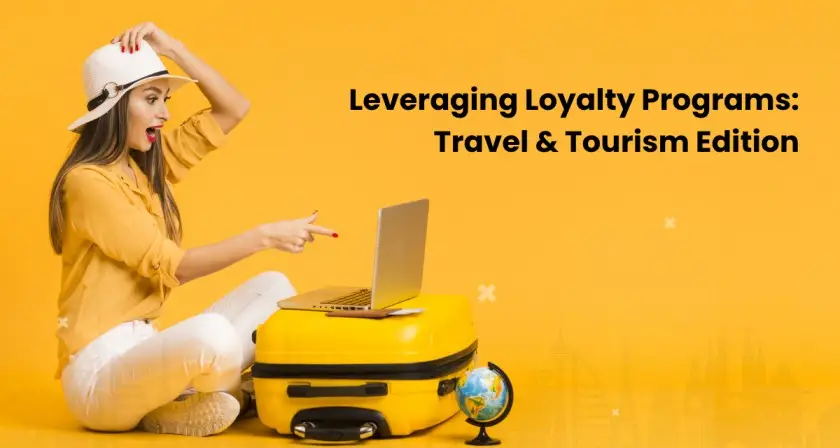Travel and Tourism Industry: An Introduction
The travel and tourism industry is one of the most competitive industries globally, with businesses vying for customer attention and loyalty. As the pandemic struck, the travel & tourism industry took a major blow. Today, travel bans are gradually being lifted, though, and tourists’ spirits are rising once more. As a result of COVID-19’s restrictions, international travel came to a virtual halt. That’s why it is important to have customer brand loyalty. According to the World Tourism Organization, the number of tourists decreased by 60-80% worldwide in 2020. The hospitality industry needs to wake up from its long slumber and go to work if it wants to thrive again. It’s important to emphasize the honesty, quality, and unique experiences that customers have come to expect from businesses at this time. Customers are always on the move. Consequently, the key to achieving success in the tourism industry lies in capitalizing on brand loyalty.
Challenges and Opportunities
Loyalty programs in the travel & tourism industry have been around since the ’70s, Hertz introduced the #1 Club, now known as Hertz Gold Plus Rewards®, a computerized data system that allowed club members to use Express Service. The service’s benefits grew over time, and by 1989, club members could skip the airport counter and go straight from the plane to a Hertz rental car. Since then, a lot of other hospitality brands have made similar loyalty programs. But after decades, many of these programs haven’t changed to keep up with consumer trends, which change all the time. Despite the widespread belief that all businesses with a focus on customers should have one, there is little agreement on the factors that contribute to a successful loyalty program. It can be challenging to evaluate which models encourage greater loyalty and achieve profitable incremental share because there are so many options.
Customer loyalty in the travel and tourism industry come in many forms, including airline frequent flyer programs, hotel and resort loyalty programs, car rental loyalty programs, and travel agency loyalty programs. These programs provide customers with a range of benefits such as free flights, hotel nights, car rentals, upgrades, and exclusive access to events and experiences. Successful travel and tourism industry loyalty programs have several key features, including personalization, flexibility, relevant and valuable rewards, user-friendly interfaces and mobile apps, and seamless integration with other customer-facing systems.
Some brands in the travel and tourism industry are learning quickly, and they have been successful in launching loyalty programs that encourage users to engage with the brand across multiple channels and give them a variety of ways to interact, share their preferences, and build emotional connections. According to the tourism industry loyalty programs report, The APAC countries have contributed 33.5% and the European region has contributed 29% to the global loyalty program in the travel industry sector.They know that traveling should be fun and that a loyalty program should be the same way. Let’s look at a few ways that a loyalty and engagement program helps travel and hospitality companies go above and beyond for their customers.
How to Leverage Customer Loyalty in Travel and Tourism Industry
1. Personalization is Key
Some of the brands are leveraging customer profiles and purchase data to create personalized loyalty program experiences.
Whether they are traveling for business or pleasure, travelers have very different preferences, and brands won’t be able to give them the best offers and rewards unless they learn more about them.
The more you talk to your customers, the more you can find out about their trips and make travel offers that are more relevant to them. For example, business travelers who also go on vacation have created a new group called “bleisure” travelers, to whom brands need to cater.
Expedia Travel Rewards Program:

Expedia is a popular online travel agency that offers a wide range of services to help travelers plan and book their trips. They provide access to flights, hotels, rental cars, vacation packages, cruises, and more.
Expedia also offers a loyalty program called Expedia Rewards, which allows members to earn points on their bookings that can be redeemed for discounts on future travel. Members can earn points on flights, hotels, and activities, as well as by booking through the Expedia mobile app.
Expedia Rewards also has tiers of membership, ranging from Blue to Silver to Gold creating personalized experiences. As members move up in tiers, they can earn additional benefits such as bonus points, exclusive hotel amenities access, and free upgrades.
Some well-known names in the travel & tourism industry have come to realize the importance of AI in enhancing their personalization tools. Choice Hotels recently hired a new Chief Technology Officer with a focus on digital customer engagement, artificial intelligence (AI), and analytics to enhance the personalization of the Choice Privileges program and encourage repeat reservations. Amazon is helping them learn how to combine the most advanced machine learning and predictive analytics capabilities for a truly customized customer experience.
2. Use of the Latest Technology for Unique Rewards
Rewards like cheaper flights and hotel rooms don’t always meet the needs of different travelers. Instead of just offering discounts, brands should try to please the 91 percent of loyalty members who want to interact with them through new technologies like augmented reality, virtual reality, card-on-file, and more. These benefits are only for members, which is a great way for a business to reduce risk while giving customers a customized experience they will like.
Accor Rewards Program

In 2021, Accor partnered with the virtual reality company, InContext Solutions, to offer ALL members a unique virtual experience. Through the ALL app, members could access a virtual hotel room and customize it to their liking, choosing everything from the bedding to the decor. Members could also use the app to explore virtual versions of Accor’s properties around the world, from luxury hotels to budget-friendly ones. Additionally, Accor’s partnership with InContext Solutions allowed the company to gather data on members’ preferences and behavior, which could be used to tailor their experiences and offer personalized recommendations for future travel.
By incorporating virtual reality into its loyalty program, Accor aimed to provide its members with a more engaging and immersive experience, while also gathering valuable data to improve its services and offerings. Brands like Accor keep their programs fresh by continually offering personalized, authentic opportunities to earn and burn points to keep customers engaged and coming back every time.
3. Ongoing Consultation is Important
Loyalty programs are a brilliant way to attract new customers and boost customer happiness, but they are only effective if the business helps its users understand and manage the program. Surprisingly, only 9% of brands are potent at helping members make the most of their loyalty program membership. To stand out and offer better support, brands should always interact with users through different channels to give them customized updates, ask for feedback, and start a conversation with them.
When customers know that your program offers ongoing support and that you care about giving them a positive experience, you can encourage them to use it again and set it apart from more generic programs.
Let’s say you’re a member of an airline’s loyalty program and have been accumulating points toward a free flight. However, due to unforeseen circumstances, you need to change your travel plans and book a new flight. You contact the airline’s customer support team for assistance, and they offer to help you rebook your flight without losing your points or having to pay any additional fees. They also offer to provide you with extra points as a gesture of goodwill to make up for any inconvenience caused by the change. In addition to this, the airline’s loyalty program offers other benefits, such as priority check-in, lounge access, and free checked bags, which can make your travel experience more comfortable and stress-free.
Moreover, the customer loyalty program also offers personalized experiences, such as special discounts on flights to your preferred destinations, access to exclusive events, and personalized recommendations based on your travel history. Overall, this example showcases how a brand can utilize a loyalty program to provide excellent customer support in the travel industry.
4. Digital is the way Forward
Encourage and reward people who share good experiences and invite others to join. Travel brings people together, and talking about it with family, friends, and coworkers is one of the most emotionally satisfying things to do. Also, sharing travel reviews on the Internet and social media has become exceedingly simple. 96% of customers read reviews prior to making a vacation reservation, and 88% of travelers avoid hotels with low average ratings.
Through their loyalty programs, travel and hospitality brands should encourage users to write reviews and tell their friends about them. Referrals from customers are often more cost-effective and effective than ads. Social Media Today cited that 92% of customers trust suggestions from friends and family more than advertisements. When a loyalty program successfully encourages customer evaluations and advocacy, a company gains credibility and becomes more appealing to potential new customers.
Final Thoughts on Travel and Tourism Loyalty Programs
Customer loyalty in the travel and tourism industry doesn’t have to be difficult to implement. Some of the brands are doing a brilliant job at keeping customers loyal. This means they are choosing the right programs and figuring out how to give your guests the best value.
While there are many travel and hospitality loyalty programs in place, some brands often lack the thoughtful engagement necessary to make their programs truly effective and rewarding for users. In the crowded travel and hospitality market, brands can stand out by giving members unique personal experiences and using the most cutting-edge technology. Brands can turn a first-time customer into a traveler for life by giving them fun, personalized ways to earn points and share experiences.


